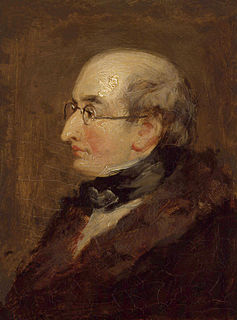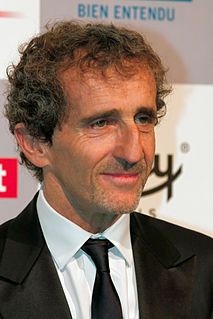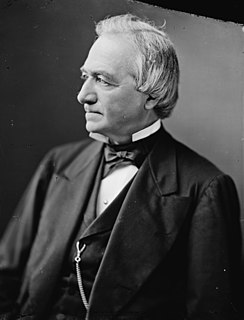A Quote by Chris Pratt
We cannot judge of the fact, but the law upon the fact.
Related Quotes
The Gospel is temporary, but the law is eternal and is restored precisely through the Gospel. Freedom from the law consists, then, not in the fact that the Christian has nothing more to do with the law, but lies in the fact that the law demands nothing more from the Christian as a condition of salvation. The law can no longer judge and condemn him. Instead he delights in the law of God according to the inner man and yearns for it day and night.
The explanation of the propensity of the English people to portrait painting is to be found in their relish for a Fact. Let a man do the grandest things, fight the greatest battles, or be distinguished by the most brilliant personal heroism, yet the English people would prefer his portrait to a painting of the great deed. The likeness they can judge of; his existence is a Fact. But the truth of the picture of his deeds they cannot judge of, for they have no imagination.
If not then you must be trying to hear us and in such cases we cannot be heard. We remain in the darkness, unseen. In the center of unpeeled bananas, we exist. Uncolored by perception. Clothed to the naked eye. Five senses cannot sense the fact of our existence. And that's the only fact. In fact, there are no facts.
Justice is the recognition of the fact that you cannot fake the character of men as you cannot fake the character of nature, that you must judge all men as conscientiously as you judge inanimate objects, with the same respect for truth, with the same incorruptible vision, by as pure and as rational a process of identification-that every man must be judged for what he is and treated accordingly.
The significance of a fact is relative to [the general body of scientific] knowledge. To say that a fact is significant in science, is to say that it helps to establish or refute some general law; for science, though it starts from observation of the particular, is not concerned essentially with the particular, but with the general. A fact, in science, is not a mere fact, but an instance. In this the scientist differs from the artist, who, if he deigns to notice facts at all, is likely to notice them in all their particularity.
There is scarcely room for doubt that something in the psychological relation of a mother-in-law to a son-in-law breeds hostility between them and makes it hard for them to live together. But the fact that in civilized societies mothers-in-law are such a favourite subject for jokes seems to me to suggest that the emotional relation involved includes sharply contrasted components. I believe, that is, that this relation is in fact an 'ambivalent' one, composed of conflicting affectionate and hostile impulses.




































